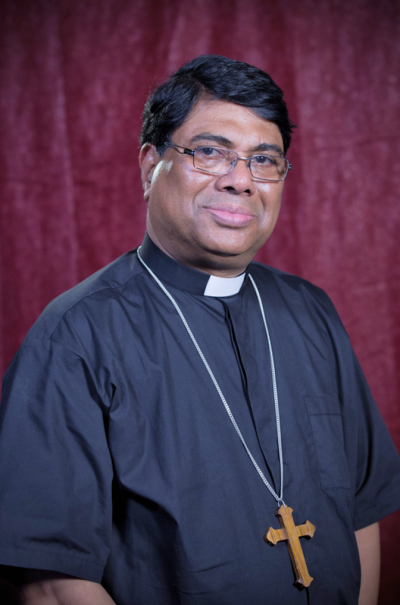Why a Corrupt Politician Is Worse Than an Immoral One

The U.S. is now days from electing its next president.
Besides being among the most controversial the U.S. has probably ever seen, this political season has also eroded the faith of Americans in their government. In September, Gallup published the results of a study on the trust American's have in their political leaders. The results were just a further confirmation of what most people have already publicly expressed: only 42 percent of Americans have some level of trust at all in political leaders. This represented a new historical low and a drop of more than 20 percentage points since 2000.
At the heart of this dissatisfaction is one candidate's clear track-record of immoral behavior and the other candidate's ever-surfacing links to questionable business dealings and political favors. Speaking objectively, neither of these qualities are positive. Both are destructive and even — in some respects — related to each other. Yet, in terms of electing a president, accusations of corruption carry greater consequences than accusations of immorality.
The reason for this conclusion is quite straightforward: while immorality destroys the reputation of an individual, corruption not only erodes the individual, but the governing system as a whole.
John Kennedy was accused of at least a dozen extra-marital encounters before and during his presidency. Franklin Roosevelt had a well-known affair that spanned decades. And Chester Arthur, though having lost his wife to pneumonia before taking office, was rumored to have had a mistress. All in all, 14 U.S. presidents — practically a third of all commanders in chief in U.S. history — have been accused, in varying degrees, of moral misconduct.
As a spiritual leader, I cannot condone this behavior for it harms individuals and families and does not model an ideal leader. Yet it does not erase the remarkable service these men gave to the U.S. at critical moments in its history.
Kennedy, who was tragically deprived of serving a full term in office, played a role in half-a-dozen of the most important events of the 20th century, including the Cuban Missile Crisis and the Civil Rights Movement. Franklin Roosevelt remains as one of the most respected figures of the 20th century and is credited with seeing America through the Great Depression and World War II. And Chester Arthur, though often overlooked in the annals of history, signed the Pendleton Civil Service Reform Act, which clearly stated that positions in the federal government should be awarded on the basis of merit and not party membership. He is perhaps the most tangible example of a president who failed morally yet stood resolutely against corruption.
But when it comes to corruption, the record stands clear that America will not tolerate a man — or potentially, a woman — who will use authority for personal gain. Richard Nixon, the paragon of political folly and deception who barely escaped impeachment, stands as the best example of how corruption seeps through the echelons of governmental power and, consequently, paves the way for outright criminal action. Yet, today, Richard Nixon's actions would not have received the same scrutiny and outrage.
I live and serve in India — a country known for some very corrupt politicians. One main reason our current Prime Minister, Narendra Modi, is in power is precisely because he ran on an anti-corruption platform, and he has done a commendable job at it. What strikes me the most about what's being reported in America today is that political "corruption" is the issue, but Americans will not use the word.
Trust me, we Indians know how corruption in high places corrodes society as a whole and hinders progress. And while it is not for me to say how Americans should vote, there's no denying that each vote they cast will determine where America goes from here.



























